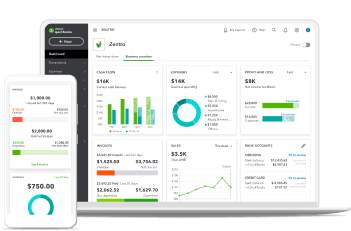What Is the Solar Tax Rebate for Businesses in South Africa?
Governments all around the world are finding ways to encourage businesses to adopt more eco-conscious practices. The solar tax rebate is one such initiative in South Africa designed to encourage businesses to switch to renewable energy.
Under the scheme, businesses can deduct a percentage of the costs of solar installation from their taxable income. This deduction ultimately reduces their tax burden.
This is not to be confused with the incentive offered to individuals who install rooftop solar panels. They qualify for a 25% rebate on the cost of new or unused solar panels – up to a maximum rebate of R15,000.
The solar tax rebate for businesses is slightly different. Businesses can claim an upfront deduction of 125% for solar system investments.
In simple terms, if you invest in a solar system, you can deduct 125% of that cost from your taxable income, which reduces the amount of tax you owe.
For example, if your business spends R100,000 on a solar system, you can deduct R125,000 from your taxable income. Essentially, this is a tax rebate for solar panels - the government is incentivising solar energy adoption by allowing you to write off more than what you actually paid.
